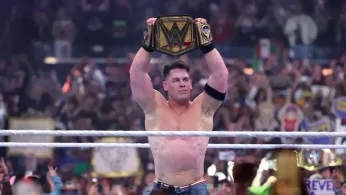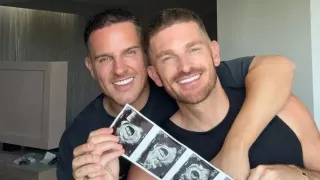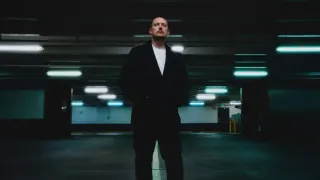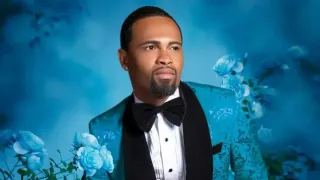
5 hours ago
John Cena Reflects on Defending His Gay Brother in Childhood: “It’s Going to Stop Here”
READ TIME: 17 MIN.
John Cena, known to millions worldwide for his achievements in professional wrestling and Hollywood, recently turned the spotlight on his personal life, sharing a heartfelt account of growing up with his openly gay brother, Steve. In an interview on Dax Shepard’s “Armchair Expert” podcast, Cena recounted the unique challenges his family faced in a conservative 1980s Massachusetts town, emphasizing the formative impact of his brother’s experiences on his own values and worldview .
In the Cena household, five boys filled the family home with boisterous energy. Steve, the eldest, stood out for reasons that went beyond the typical sibling rivalries. According to Cena, Steve’s introverted nature, passion for computers, and sexual orientation made him a target for bullying at a time and place where difference was seldom celebrated. “Life was tough for my brother in high school. Not only was he an introvert and interested in computers. He’s also gay. And being gay in the 1980s in a small town in Massachusetts… man, that’s an uphill climb,” Cena recalled .
Steve’s struggles were compounded by the need to keep his identity hidden. “He just had a lot of character traits that weren’t in the ‘cool kid’ group, and he’s also holding this secret that he can’t tell or talk to anybody about,” Cena said, highlighting the isolation many LGBTQ+ youth continue to experience .
Despite being younger, Cena instinctively stepped into the role of defender for his brother. He described how he would “throw himself in harm’s way” to shield Steve from bullies, noting that the usual dynamic of older sibling as protector was upended by circumstance. “I really feel for what it must have been like for him growing up. But I also inherited that chapter of his social constructs. And, man, it got me to learn how to lose a few fights,” Cena shared, acknowledging the physical and emotional toll of standing up to prejudice .
Cena’s willingness to defend his brother was not just an act of familial loyalty but a formative lesson in allyship. “It’s going to stop here,” he remembered thinking, a sentiment that reflects a broader commitment to challenging discrimination wherever it arises .
Today, Steve is openly gay and fully embraced by the Cena family—a fact John discussed with evident pride. “My oldest brother is openly gay and coming from a family of five boys, that’s extremely tough to admit that and he’s openly accepted by our family,” Cena said. The journey from secrecy to acceptance mirrors the broader trajectory of LGBTQ+ rights and visibility in the United States over recent decades .
Cena has long been recognized for his public support of LGBTQ+ rights. He has defended other openly gay athletes, such as wrestler Darren Young, and consistently used his platform to promote inclusivity and respect in sports and entertainment . When asked about the potential impact of Young’s coming out on locker room dynamics, Cena dismissed any concerns and praised Young’s courage, affirming, “Darren Young is a consummate professional, I’m actually proud of him for (coming out)” .
Cena’s story resonates deeply at a time when LGBTQ+ youth continue to face bullying, discrimination, and family rejection. According to leading advocacy organizations, family acceptance remains a critical factor in the mental health and well-being of LGBTQ+ individuals. Cena’s example of sibling support—particularly in an era and environment not historically known for its openness—offers a powerful model for allies everywhere .






